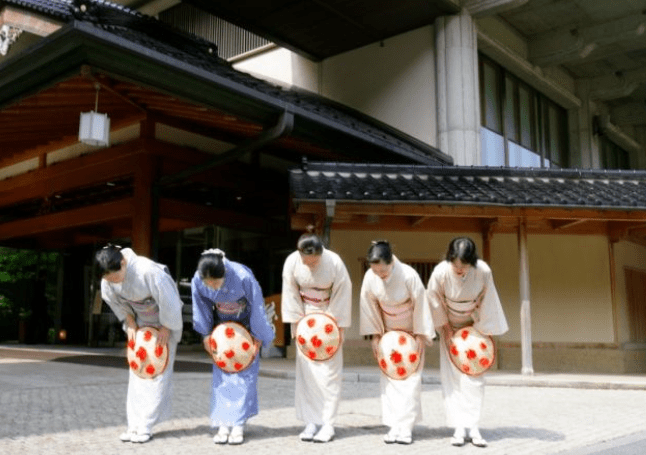





Automation is poised to transform nearly every aspect of our activities. A forecast predicts that by 2030, generative artificial intelligence will displace 2.4 million jobs in the United States alone, potentially impacting 40% of the working hours for those who remain employed. In response, companies and their leaders must identify what cannot replace and integrate it into their organizational fabric. This pressing concern brings to mind the concept of omotenashi, a Japanese philosophy centered on anticipating others’ needs and creating memorable experiences, a quality challenging for AI to easily emulate.
My initial encounter with omotenashi occurred during a trip to Tokyo in 2012 when a business associate offered me an umbrella in anticipation of rain. This considerate approach has left a lasting impression during subsequent visits for business and leisure. In an era of increasing automation where human connections are crucial, the thoughtful essence of Japanese culture embodied in omotenashi could become a vital differentiator.
Often translated as “selfless hospitality,” omotenashi’s nuances extend beyond this characterization. Derived from the words omote (public face) and nashi (nothing), it embodies sincere and authentic service without expecting rewards.
Omotenashi is about anticipation, exemplified by a chef remembering your preferences and crafting a personalized menu. It’s evident in the meticulous details of Tokyo’s stationery shops, where simple purchases become artfully wrapped items. The philosophy extends to privileging experiences, exceeding expectations, and fostering reciprocity rooted in the Japanese tea ceremony’s principles.
As a corporate adviser for and former entrepreneur and Pentagon official, I’ve collaborated with leaders across various domains. In omotenashi, I see a potential pathway for leaders navigating the challenge of maintaining a human touch as AI assumes traditionally human roles.
While leaders often receive praise for selflessness, the term lacks specificity about others involved. In contrast, omotenashi emphasizes “otherfulness,” focusing on actions for someone else. This aligns with the concept of “servant leadership,” a philosophy emphasizing leaders’ service to employees, known to increase trust and loyalty.
In Western business, where transactions often dominate, omotenashi provides an alternative approach. Japanese businesses recognize the value of honoring customers for retention and lifetime value, a principle applicable to team members and stakeholders for leaders in any context. By going the extra mile, leaders can create experiences that transcend monetary transactions.
The benefits of adopting omotenashi are evident in Gallup’s worker engagement survey, where top-quartile business units and teams exhibit higher customer loyalty, engagement, profitability, employee well-being, and productivity compared to their counterparts at the bottom.
For business leaders, embracing omotenashi can start with a single client or customer interaction, treating them like an honored guest to deliver an exceptional experience. This thoughtfulness aligns with the Japanese concept of ichi-go ichi-e, treating each encounter as a once-in-a-lifetime opportunity to create lasting memories. With practice, such care can become second nature for leaders aiming to make a lasting impact .
You May Also Like: